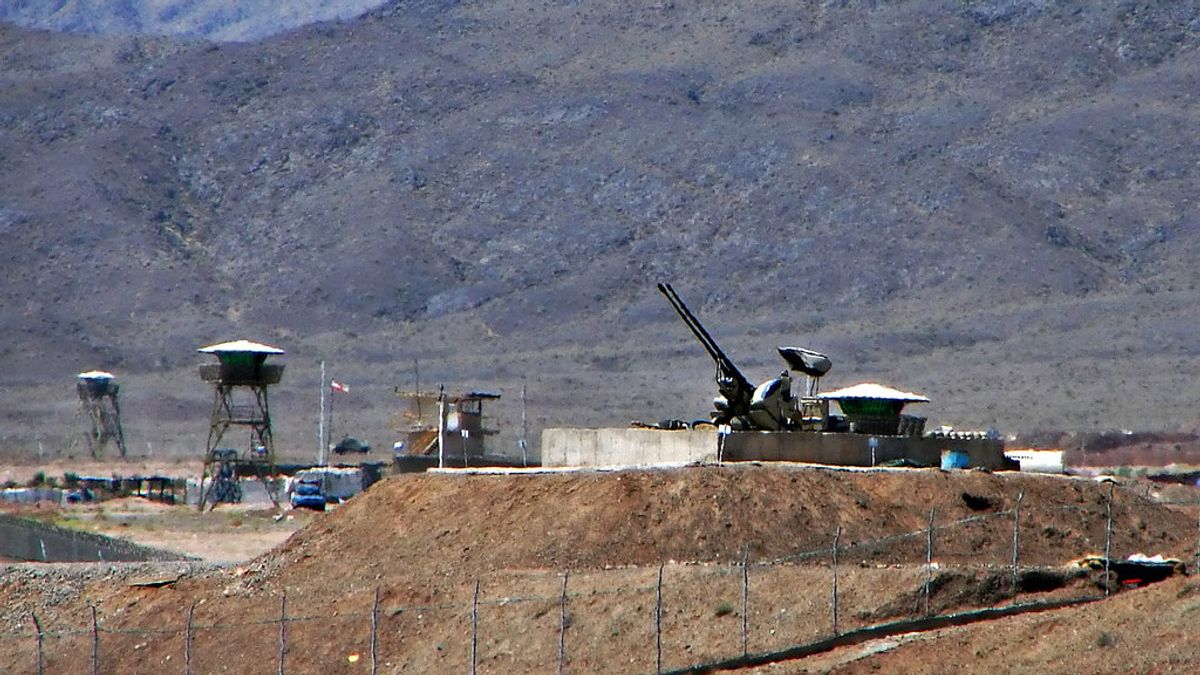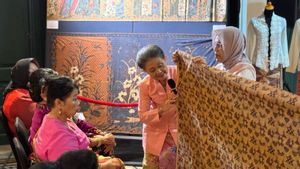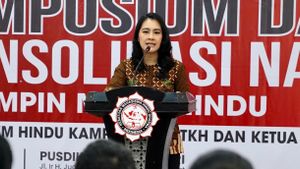JAKARTA - Indirect talks between Iran and the United States on salvaging the 2015 Nuclear Deal resumed Monday, with Tehran focusing on one side of the original deal, lifting sanctions against it, despite little progress in curbing its atomic activities.
The seventh round of talks, the first under new Iranian President Ebrahim Raisi, ended 10 days ago after adding several new Iranian demands to a working text.
Meanwhile, Western powers say progress is too slow and negotiators have 'weeks not months' left, before the 2015 deal becomes meaningless.
Little remains of the deal, which lifted sanctions on Tehran in exchange for curbs on its atomic activity. President Donald Trump then pulled Washington out of it in 2018, reimposing US sanctions, and Iran went on to breach many of the deal's nuclear restrictions and continue to push far beyond them.
"If we work hard in the next few days and weeks, we should get positive results. It will be very difficult, it will be very difficult. Difficult political decisions will have to be taken both in Tehran and in Washington," the coordinator of the talks, EU envoy Enrique, said. Mora, told a news conference, citing Reuters Dec 28.
He was speaking shortly after meeting the remaining parties to the deal, Iran, Russia, China, France, Britain, Germany and the European Union, officially starting the round on Monday evening.
"There is a sense of urgency in all delegates that these negotiations should be completed within a relatively reasonable timeframe. Again, I will not limit but we are talking about weeks, not months," continued Mora.
Iran refuses to meet face-to-face with US officials, meaning the other side will have to bridge communications between the two sides. The United States has repeatedly expressed frustration at this format, saying it slows the process, and Western officials still suspect Iran is just playing with time.
The 2015 deal extended the time it would take Iran to procure enough fissile material for a nuclear bomb, if it wanted to, to at least one year from about two to three months.
Most experts say the time is now less than before the deal, although Iran says it only wants to master nuclear technology for civilian purposes.
"The most important issue for us is to reach a point where, firstly, Iranian oil can be sold easily and unhindered," Iranian media quoted Foreign Minister Hossein Amirabdollahian as saying.
Mora, however, said lifting sanctions and nuclear restrictions on Iran would be discussed.
It is known, Iran insists all US sanctions must be lifted before steps are taken on the nuclear side, while Western negotiators say nuclear measures and sanctions must be balanced.
US sanctions have slashed Iran's oil exports, its main source of revenue. Tehran did not disclose data, but assessments based on shipments and other sources showed a decline from about 2.8 million barrels per day (bpd) in 2018 to as low as 200,000 bpd. One survey put exports at 600,000 bpd in June.
Mora said he decided to hold talks again during the many official holidays between Christmas and New Years so as not to lose time, but he added that talks would pause for three days on Friday, 'because facilities will not be available', referring to the luxury hotel hosting the event. most of the meetings.
To note, when the seventh round was completed, incorporating some of Iran's demands, negotiators from France, Britain and Germany said in a statement: "This only brings us back closer to where the talks stood in June. We are quickly reaching the end of the road for these negotiations. , they called.
The English, Chinese, Japanese, Arabic, and French versions are automatically generated by the AI. So there may still be inaccuracies in translating, please always see Indonesian as our main language. (system supported by DigitalSiber.id)













